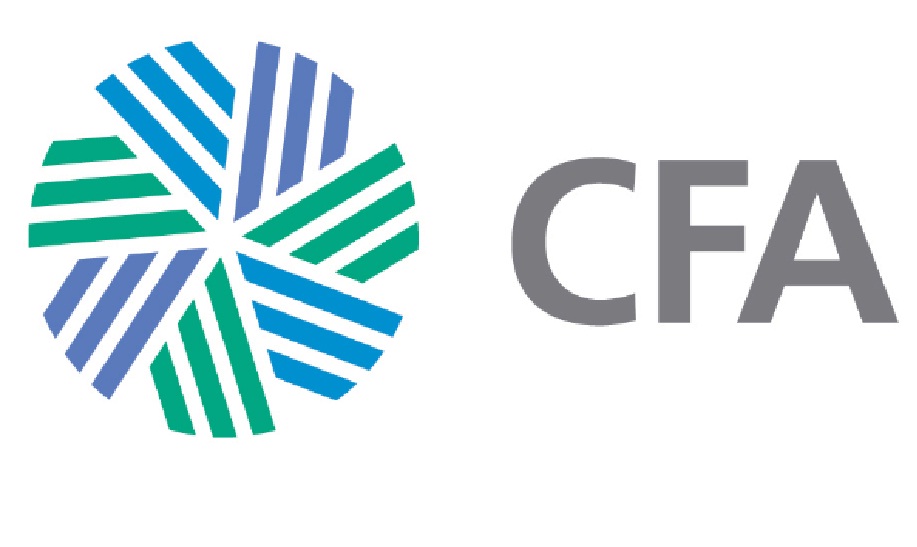
Chartered Financial Analyst
Introduction
A chartered financial analyst (CFA) is a globally-recognized professional designation given by the CFA Institute, (formerly the AIMR (Association for Investment Management and Research)), that measures and certifies the competence and integrity of financial analysts. Candidates are required to pass three levels of exams covering areas, such as accounting, economics, ethics, money management, and security analysis.
The CFA Program is a three-part exam that tests the fundamentals of investment tools, valuing assets, portfolio management, and wealth planning. The CFA Program is typically completed by those with backgrounds in finance, accounting, economics, or business. CFA charter-holders earn the right to use the CFA designation after program completion, application, and acceptance by CFA institute. CFA charter-holders are qualified to work in senior and executive positions in investment management, risk management, asset management and more.
Skill Set
- Financial Analysis and Modelling
- Good Decision Making Skills
- Time Management and Self Discipline
- Attention to Details
- Good Communication Skills
Examination
The cost management accountancy exams are divided in three levels. They are:
- CFA Level 1
- CFA Level 2
- CFA Level 3
Process of becoming a CFA
Eligibility Final Year of Graduation
Level 1 Qualify all MCQ based papers
Level 2 Qualify all Multiple choice Vignette based papers
Level 3 Qualify all MCQ and Essay based papers
Papers of Level 1 Weightage
Ethical and Professional Standards 15-20%
Quantitative Methods 8-12%
Economics 8-12%
Financial Statement Analysis 13-17%
Corporate Finance 8-12%
Equity Investments 10-12%
Fixed Income 10-12%
Derivatives 5-8%
Alternative Investments 5-8%
Portfolio Management and Wealth Planning 5-8%
Papers of Level 2 Weightage
Fixed Income 10-15%
Derivatives 5-10%
Alternative Investments 5-10%
Portfolio Management and Wealth Planning 10-15%
Ethical and Professional Standards 10-15%
Quantitative Methods 5-10%
Economics 5-10%
Financial Statement Analysis 10-15%
Corporate Finance 5-10%
Equity Investments 10-15%
Papers of Level 3 Weightage
Ethical and Professional Standards 10-15%
Quantitative Methods 0%
Economics 5-10%
Financial Statement Analysis 0%
Corporate Finance 0%
Equity Investments 10-15%
Derivatives 5-10%
Alternative Investments 5-10%
Fixed Income 15-20%
Portfolio Management and Wealth Planning 35-40%
Job Prospects
- Portfolio Management
- Research
- Consulting
- Risk Analysis and Risk Management
- Asset Management
- Private Wealth Management
- Commercial Banking
- Investment Banking
- Insurance
Disclaimer: The information provided here is to the best of our knowledge. It is highly recommended that you cross check the source of information through the specific Colleges and Universities. Career Prabhu is in no way responsible for the decisions made solely on the basis of this document
